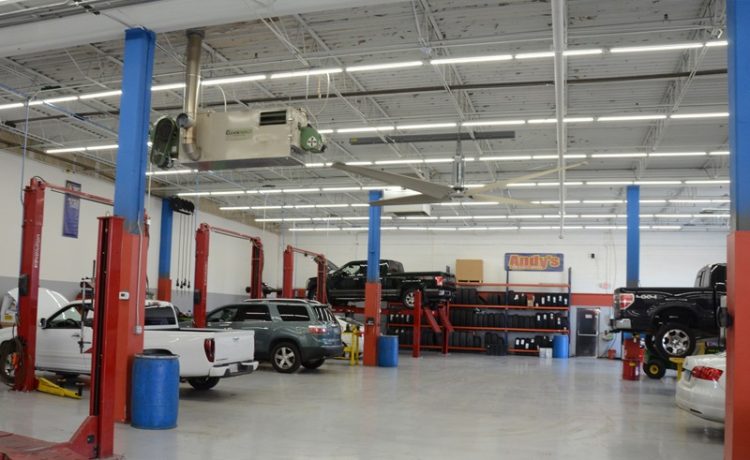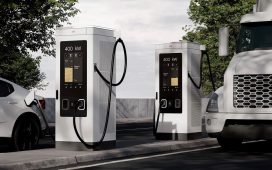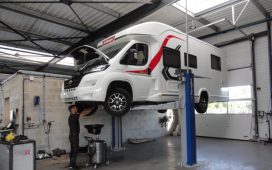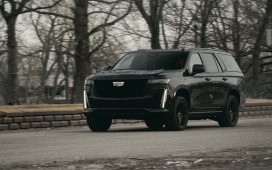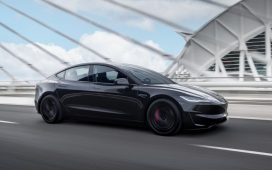Electric cars (EVs) are becoming popular as cleaner, more efficient alternatives to internal combustion engine automobiles. Although EVs are becoming more popular, some myths and misunderstandings dissuade customers and cause confusion. This article dispels electric car fallacies and explains the advantages of switching to electric transportation.
Myth: EV Range Is Limited
A popular electric car fallacy is that they have a limited range, making lengthy journeys impossible. Early EVs had modest ranges, but battery technology has improved them. Modern electric cars may go over 200 to 300 miles on a charge, with some reaching over 400. The rising network of fast-charging stations and enhanced charging infrastructure makes long-distance travel possible. Electric cars can handle long road trips and regular commutes with adequate preparation.
Myth: EVs are too expensive
Another misunderstanding is that electric automobiles are too pricey. Though EVs are more expensive initially, they usually have cheaper long-term expenditures. Electric cars feature fewer moving parts than internal combustion engines, reducing maintenance and repair expenses. Many countries provide incentives and tax credits to cut EV prices, further closing the cost gap. Fuel savings and cheaper maintenance costs make electric cars commercially feasible over time.
Myth: EVs are weaker than gas cars
Some think electric automobiles are weaker than gasoline ones. Many electric cars have remarkable acceleration and performance, dispelling this fallacy. Electric motors provide quick torque for fast acceleration and exhilarating driving. Tesla and other high-performance EVs have acceleration times that match expensive sports vehicles. Practical and thrilling, electric automobiles are available.
Myth: EV Charging Is Too Long
Electric vehicle charging takes longer than gasoline car refilling, which is a worry. While EV charging takes longer than petrol filling, fast-charging technology has greatly shortened charging times. Fast chargers can charge many electric cars to 80% in 30 minutes. Home charging options let EV owners charge overnight for a full battery in the morning. EV ownership becomes more convenient as charging infrastructure improves. In any kind of issues regarding the same you can take your car to the Auto Repair Services in Sugar Land, TX now.
Myth: Electric Cars Are Ungreen
Critics say electric cars aren’t as ecologically beneficial as they look due to battery and power manufacturing. While battery manufacture and power supply may affect EVs’ environmental advantages, studies demonstrate that electric vehicles have a smaller carbon footprint than gasoline automobiles. The switch to renewable energy and battery recycling technologies boost EVs’ environmental advantages. Electric cars will become more environmentally friendly as the grid greens and battery technologies advance.
For electric car uptake and understanding their advantages, misconceptions must be debunked. Dispelling myths about range, cost, performance, charging time, and environmental effect makes electric cars a sustainable transportation option. Electric cars will continue to influence vehicular mobility as technology and infrastructure improve.

